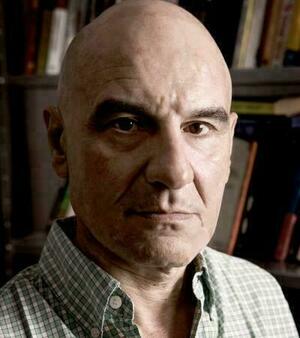"The Rise and Fall of Brazil’s Domestic and Foreign Climate Policy" by Eduardo Viola

Abstract
Brazil is the sixth largest overall emitter of carbon dioxide in the world (behind China, USA, India, EU and Russia), and its per capita emissions are high. Yet its emissions profile differs greatly from both developed and emergent countries, with 45% arising from deforestation and 25% from agriculture.
Brazil's history of deforestation is mixed, marked by periods of rampant growth and large declines. Equally erratic has been the country's foreign policy and public promises related to climate change. This talk will look in depth at the complex drivers at play in both Brazil's deforestation and its foreign policy with relation to climate change and carbon dioxide emissions, as well as the practical consequences they have had.
Biography
Eduardo Viola is senior research fellow at the Institute of Advanced Studies, University of Sao Paulo, and professor of international relations at the School of International Relations, Getulio Vargas Foundation (Sao Paulo). He retired from the University of Brasilia in 2018 after 39 years (27 years as full professor) and is now an emeritus professor. He continues publishing extensively about globalization and governance, the global politics of climate change and energy transition, the domestic and international politics of climate change in Brazil, and Brazilian foreign policy. He has more than 300 citations at Web of Science and more than 5,800 at Google Scholar. His most recent books areClimate Change and Biodiversity Governance in the Amazon. At the Edge of Ecological Collapse? (Routledge, 2021), with coauthor Joana Castro Pereira, and Brazil and Climate Change. Beyond the Amazon (Routledge, 2018), co-authored with Matias Franchini.
A former Kellogg Institute visiting fellow, Viola holds a PhD from the Universidade de São Paulo.
Seminar sponsored by the Kellogg Institute for International Studies.